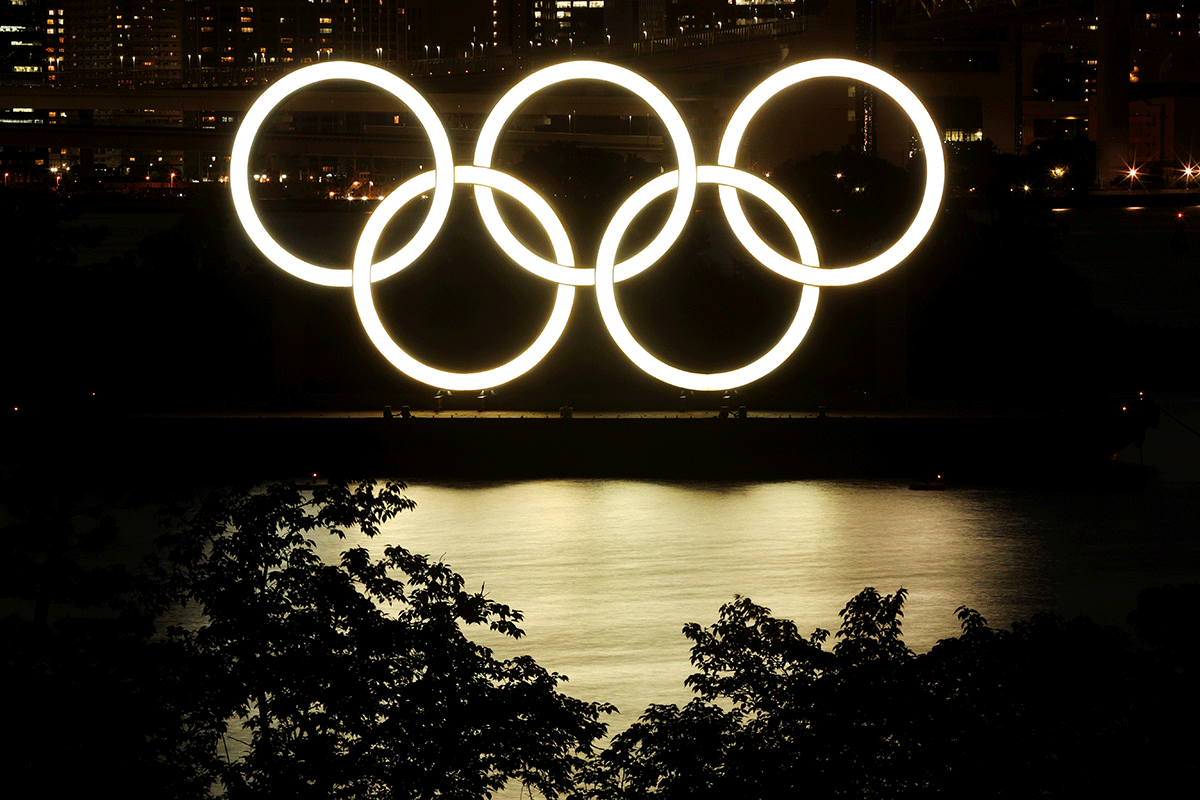
The Indian Olympic Association (IOA) on Monday asked the Tokyo Games organisers to clarify whether the strict regulations imposed on the entry of country's athletes to Japan would also apply to those who are currently training abroad and are due to reach directly.
Several athletes, including shooters, wrestlers and boxers are currently training abroad. Of these, the boxers are scheduled to return to India on July 10 before flying off to Tokyo.
The Tokyo organisers have prescribed stricter regulations for all travellers -- including athletes, coaches and support staff -- from 11 countries, including India, where different variants of COVID-19 have been identified, within 14 days of their arrival in Tokyo.
"Currently, we have a number of Indian athletes training abroad for more than 30 days and will be travelling directly from the training locations to Tokyo. The countries they are training are not in the list of 11 countries that have these new additional conditions," the IOA said in a letter to the Tokyo Organising Committee for the Olympic Games (TOCOG).
"Kindly confirm that these specific athletes training out of India for over 30 days will not be required to follow these additional entry conditions," IOA president Narinder Batra and secretary general Rajeev Mehta said in the letter.
The Indian athletes and officials travelling for the Olympics have been asked by the Japanese government to undergo daily COVID-19 tests for a week prior to their departure and not to interact with anyone from another country for three days upon arrival, strictures that have left the IOA fuming.
Terming the rules as "unfair and discriminatory", the IOA had earlier written to the TOCOG to ensure that mechanisms to prevent COVID-19 do not have any "adverse and detrimental impact" on performance of athletes.
The IOA also told the TOCOG that the Indian contingent members may not be able to get hold of the report of the RT-PCR tests done 48 hours prior to departure for Tokyo.
It asked the TOCOG to allow the Indians to do the tests more than 48 hours before their departure.
"...the TOCOG circulated list of labs and testing facilities for COVID-19 PCR tests in India are few. Please be aware that some testing labs are up to 400km away from places where our athletes are training...(we) requests for additional labs at the locations where our athletes are training.
"We have been informed by the approved (medical) centre in Delhi that they will supply a soft copy via email of the results of PCR tests within 24 hours and a hard copy within 30 hours.
"...this slow turnaround time ... would mean that members of the contingent may not be able to provide or carry a copy of their PCR test results for the period of 48 hours prior to their arrival in Tokyo," the letter said.
The IOA suggested TOCOG to "recommend that delegate members should be tested 9 days prior to their departure so that they have at least 7 negative test reports with them or restrict the number of reports to 5 which will be possible to obtain for the tests completed in the last 7 days".
"Since it is difficult to receive the PCR test reports for last 48 hours based on the information provided by the TOCOG approved laboratories, we request clarification on this issue as we would not like any inconveniences for our athletes, officials, delegates....who do not have PCR test reports with them for the last 48 hours."
On Sunday, in reply to an earlier letter of the IOA, the TOCOG had said that the organisers were "working to define how athletes of your NOC as well from other 10 countries and all other 195 NOCs can stay safe in the Villages and have training".
"We hope to provide you with those information and discuss together as soon as possible we develop it," the Games organisers had said in a letter to the IOA.
Earlier, the advisory from the Tokyo Games organisers had said that athletes from Group 1 countries, including India, must be tested every day, for seven days, prior to departure to Japan.
Afghanistan, Maldives, Nepal, Pakistan and Sri Lanka were clubbed in Group 1.
"Physical distancing: For seven days prior to your departure to Japan, you must keep your physical interaction with all others, including from another team, delegation or country, to an absolute minimum," the advisory said.
On arrival, athletes and officials will also not be allowed to interact with anyone else apart from their own delegation for three days.
"At the Games. You will be tested every day as is the case for all athletes and officials.
"For three days after your arrival in Japan, you will not be able to physically interact with anyone from another team, delegation or country."
Athletes have been asked to check into the Games Village five days before their competition begins.
Batra and secretary general Rajeev Mehta, in a joint statement, had questioned the new regulations.
"Athletes are allowed to arrive in the Games Village only 5 days before their event. Now 3 days will be wasted, this is the time the athletes need to be moving towards their mode to peak. Highly unfair for Indian athletes," it had said in a statement.
The IOA had also questioned the need for the regulations given that athletes from India will be fully vaccinated and will be undergoing daily tests for a week before their departure.
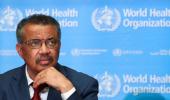







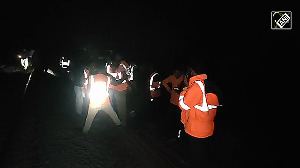
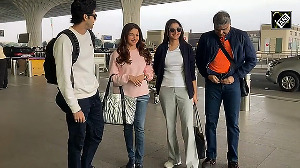
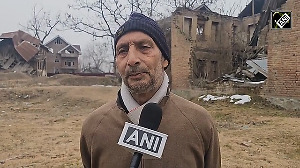

 © 2025
© 2025